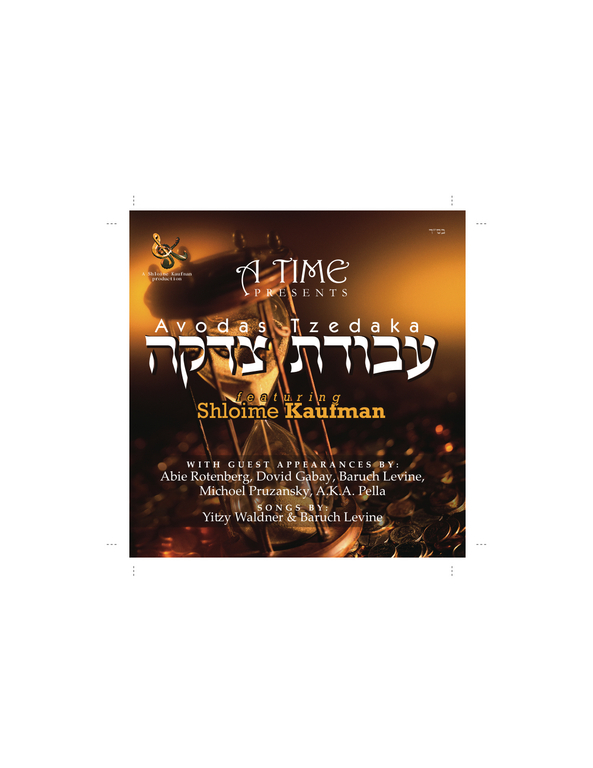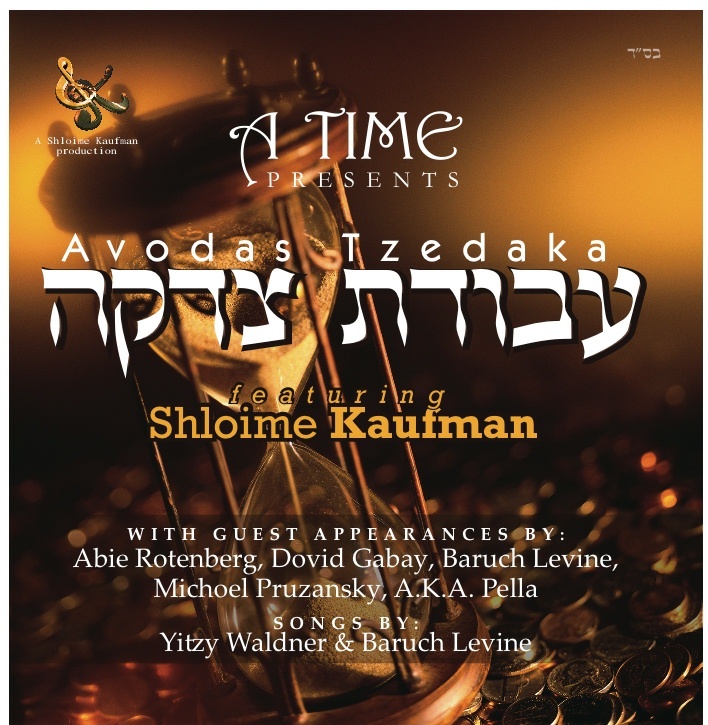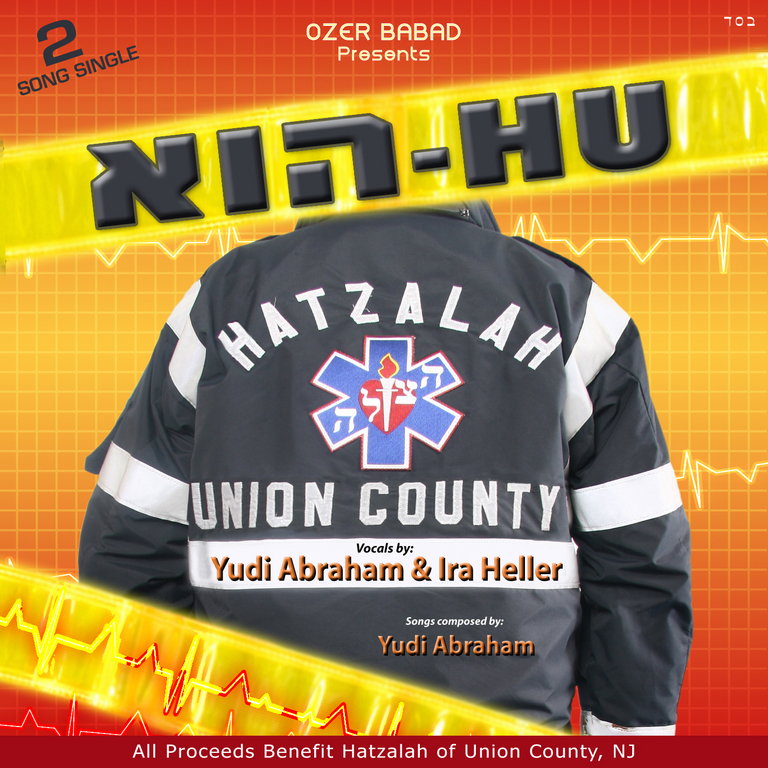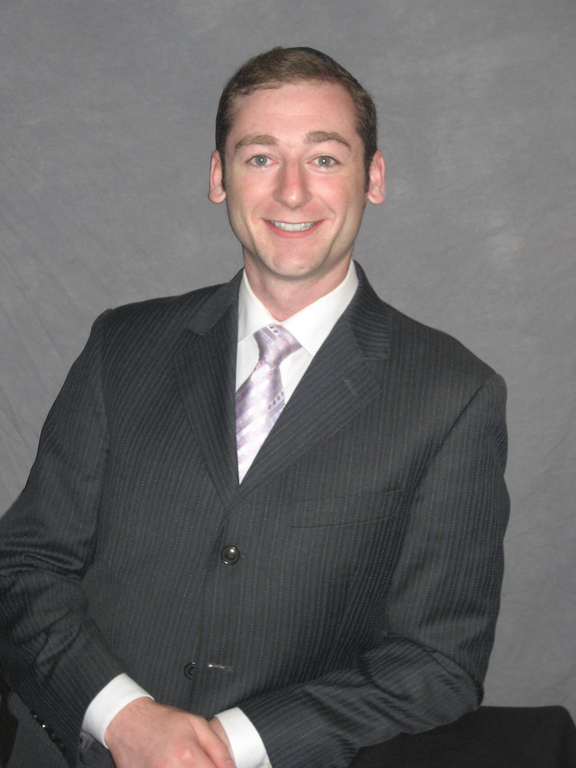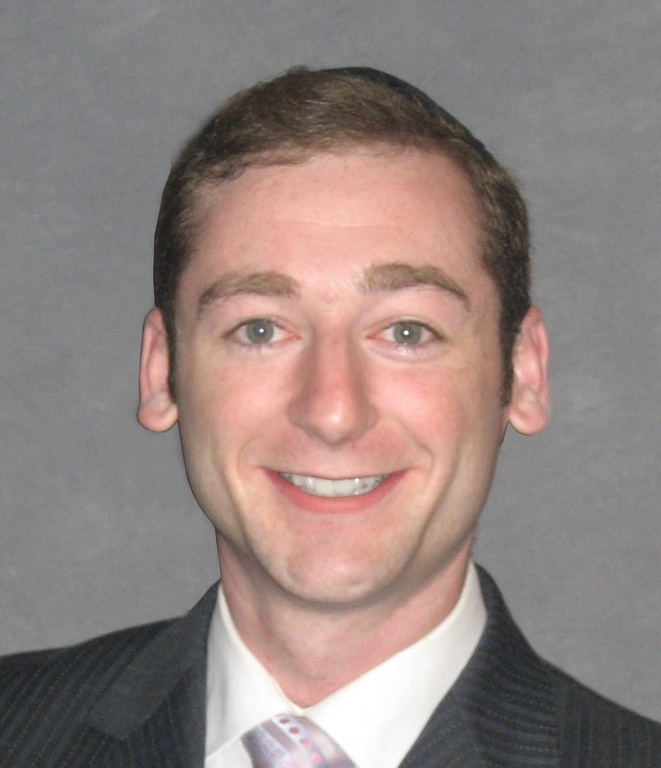The new charity box: no coins, just tunes
By Mayer Fertig
Issue of June 26, 2009 / 4 Tammuz 5769
For as long as there has been modern Jewish music, there have been
Jewish music fundraising concerts. Then, in 1988, the ante was upped
when the first Lincoln Center benefit for HASC (Hebrew Academy for Special Children) was professionally recorded and later sold as an additional fundraiser. More than 20 years later, against the backdrop of an economy that is leaving many charities whistling in the wind, two organizations have released to the public brand new music, professionally produced, recorded and distributed, in order to raise funds not for the performers but for the charity.
Several weeks ago a former member of Hatzalah of the Five Towns and
the Rockaways, Yudi Abraham, released “Hu,” a two-song ‘single’ to
benefit Hatzalah of Union County, based in the New Jersey communities
of Elizabeth and Hillside, where he now resides. Now a Hatzalah
volunteer there, Abraham composed both songs and performed them with his next-door neighbor, the popular Jewish music performer Ira Heller.
The disk got the full treatment of a radio premiere on “JM in the AM
with Nachum Segal” and is available at Judaica stores everywhere for
$4, with all proceeds to Hatzalah. (Full disclosure: I helped found
Hatzalah of Union County a number of years ago and am still involved
with the organization.)
Two weeks ago a full-length album called “Avodas Tzedaka” also premiered, a presentation of A T.I.M.E. (A Torah Infertility Medium of
Exchange), which estimates 9,000 babies have been born since 1994 to
couples its helped with infertility issues, marital counseling and
even adoption.
The album was the brainchild of Shloime Kaufman, who performs most of
the songs, joined by Abie Rotenberg, Dovid Gabay, Baruch Levine,
Michoel Pruzansky and A.K.A. Pella. It certainly doesn’t sound like a
charity project: in additional to the top vocal talent it boasts first
class musical arrangements by Tony Coluccio, whose day job is to
produce songs for some of the biggest names in the pop music industry.
The album even boasts that holy grail of Jewish music –– a selection
with English lyrics that isn’t a treacly love song to the Almighty.
“Music has a special power,” said A T.I.M.E. founder Brany Rosen.
“The language of Shamayim [heaven] is music. I heard this from Rav
Avraham Chaim Feuer: A little baby, if you sing to it, it calms down.
If everyone is talking at the same time you can’t make out what
they’re saying but if thousand of people sing together you can hear
them.” Music relieves stress, she added, and stress plays “a
tremendous role” in infertility.
On a more practical note, she said, “We hope to cover some of our
bills with this. We hope that with the money we raise a lot of
wonderful babies will be born.”
Although “Avodas Tzedaka” has a professional sheen to it, “we’re not
talking about an album that cost $70,000,” said Shloime Kaufman. “Not even $40,000” –– a more common price tag for a Jewish music recording.
Donors covered about half of the cost; the organization laid out the rest. He hopes to begin turning a profit for A T.I.M.E. in about a month. “With your help,” he said, laughing.
Kaufman is passionate about A T.I.M.E. and about his music. “It’s an emotional, meaningful album,” he said. “Every single song –– there’s a reason why it’s there.”
Yudi Abraham, known to colleagues in Hatzalah as RL-92 during his
year in kolel at Sh’or Yoshuv, came up with the idea of a two-song
“single” as a fundraiser and then rounded up the necessary
sponsorships nearly single-handedly.
“That was the hardest part of the entire project,” he said. “So many
people said, ‘If it was a different year...’ For every one I got, I
got 15 to 20 no’s. Believe me.”
He knows there’s stiff competition in the Jewish music market for
consumers’ limited disposable income, including a number of new
artists.
“Within May and June there are eight debut albums. What makes this
different is that buying the album for $3.99 helps us go on saving
lives,” he said. “The bottom line is it’s about Hatzalah. We want
people to enjoy the songs but we want people to buy the CD for
Hatzalah.”
Abraham, who also played keyboard on one of the songs, said he knew
he was doing the right thing in pursuing the project when he met up
with Ozer Babad, whom a friend had recommended he engage to produce
the single.
He was on his way home to Hillside when he called Babad to introduce
himself. Babad said he was also New Jersey-bound. “Where are you now?
... On the Staten Island Expressway? ... Me too. Where? ... At Exit
12? Me too.”
Soon they were sitting in Babad’s car on the side of the road
listening to one of the songs Abraham had composed. Babad liked it and
signed on to the project.
“If there was ever hashgacha pratis (divine intervention) –– just
giving you a little sign that you’re heading in the right direction,”
Abraham noted.
In some ways the economics of the Jewish music business have come to
mimic the secular market, albeit on a much smaller scale, Babad said.
“It used to be that the show was a business card for the CD. Today
it’s the opposite. The show is the moneymaker,” and for most up and
coming performers “it’s not even the show, it’s the wedding.”
Tzedaka albums may just be the next big thing in the Jewish music
business, Babad believes. “Tzedaka (charity) organizations need money
–– people don’t have a lot of money to buy CDs. So if you can give
tzedaka and buy a CD at the same time, it’s a no-brainer.”
Sheya Mendlowitz, who put HASC on the map with the concert series he
founded, believes quality will be one of the keys to success for music
albums released by charities in the future.
“If there’s good material then it will have success. And if it’s done
for the right cause. It shouldn’t be just that people are using the
organization as a vehicle to sell the music.”

 80.0°,
Partly Cloudy
80.0°,
Partly Cloudy 